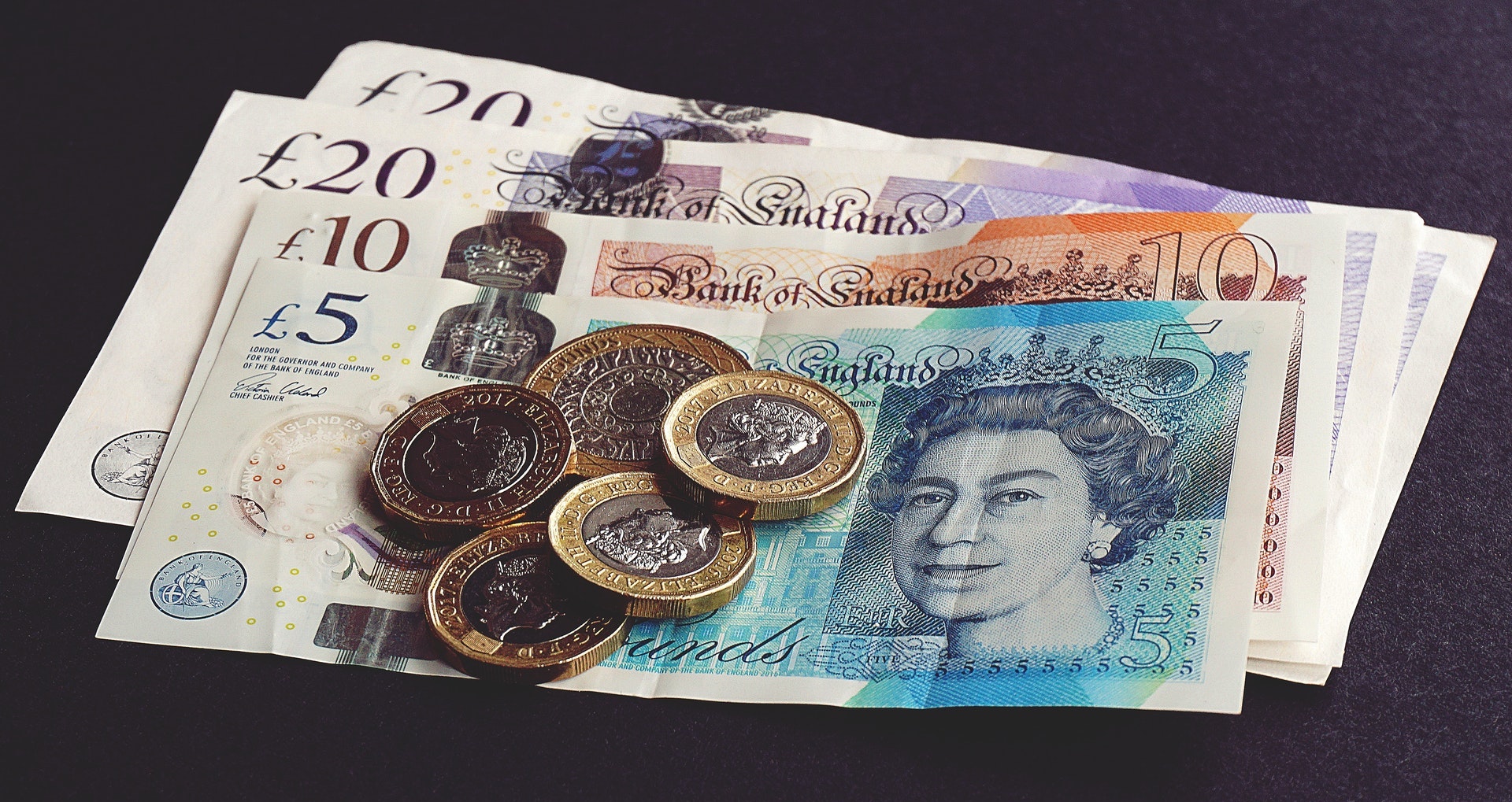
In response to the impact of coronavirus, HMRC have confirmed that tax returns filed late due to COVID-19 will not have to pay a penalty, reports Bambridge Accountants.
The 2019-20 UK tax year covers the period 6 April 2019 to 5 April 2020 and the filing deadline is 31 January 2021.
HMRC is expecting 12.1 million tax returns for the 2019-20 tax year. 5.4 million individuals have already filed their 2019-20 tax returns, leaving 45% of returns yet to be filed with under 4 weeks to go.
In January 2020, over 700,000 people filed their tax returns on 31 January 2020, but 958,296 taxpayers missed the deadline and received the automatic £100 penalty. Once the return is 3 months late, there is an additional penalty of £10 per day, for a maximum of 90 days.
Even if people are unable to pay the tax due, they will still need to file by 31 January 2021 to avoid a late filing penalty – unless they can claim a reasonable excuse.
HMRC have confirmed that for the 2019-20 tax year, if they have been affected by coronavirus, they will be able to have that late penalty removed if they appeal. There is an online tool to appeal the penalty.
Another reason to file by the deadline is to arrange a payment plan with HMRC for any taxes owed. HMRC will not offer payment plans until the return is filed and they know the exact amount of tax due for the year. Taxpayers can also choose to use the Time to Pay facility and set up a direct debit on a monthly basis.
Any payments not made by 31 January 2021 will have interest applied – the government has not offered any relief for this so far.
For Self Assessment taxes of more than £30,000, or if individuals need more than 12 months to pay their taxes, they will need to set up a Time to Pay arrangement by calling the Self Assessment Payment Helpline on 0300 200 3822.
For those individuals who are new to filing taxes in the UK, they will need to register with HMRC online to receive a Unique Taxpayer Reference (UTR). The UTR is required to be able to file the self-assessment return with HMRC.







